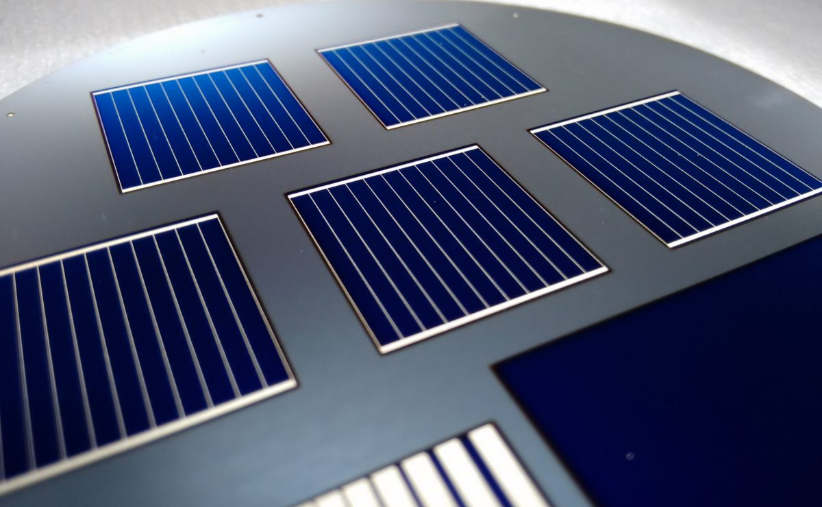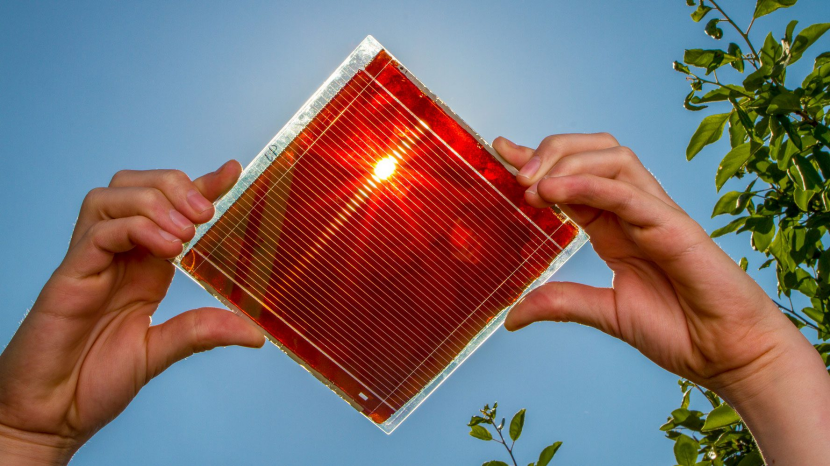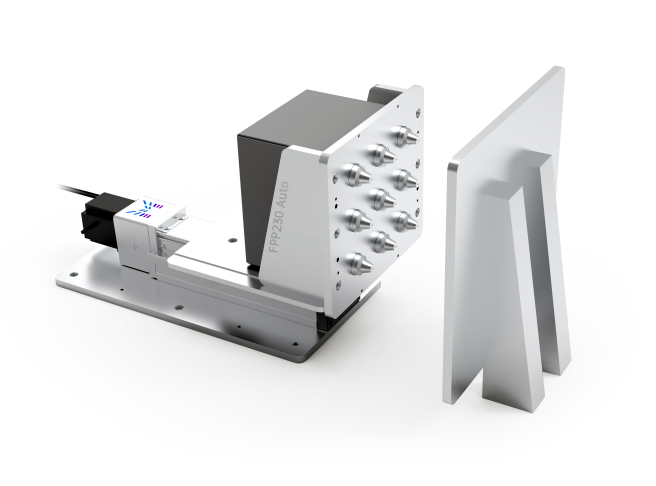
Quantum Efficiency Tester
PL/EL Integrated System
PV-Reflectumeter
3D Confocal Microscope
In-Line Four Point Probe Tester
Four Point Probe Tester
In-Line Thin Film Thickness Tester
Raman Spectrometer
FTIR Spectrometer
Spectrophotometer
Automatic Spectroscopic Ellipsometer
Contact Resistance Tester
Ultra depth of field 3D microscope
Auto Visual Tester
VMM PV Vision Measuring Machine
Solar Cell Horizontal Tensile Tester
Steady State Solar Simulator for Solar Cell
Solar Cell UV Aging Test Chamber
Solar Cell Comprehensive Tensile Tester
Visual Inspection Tester
Wet Leakage Current Tester
PV Module EL Tester
PV Module UV Preconditioning Chamber
Steady State Solar Simulator for PV Module
Current Continuous Monitor
Potential Induced Degradation Test
Bypass Diode Tester
LeTID Test System
Reverse Current Overload Tester
Impulse Voltage Tester
Hipot Insulation Tester
Ground Continuity Tester
Hipot Insulation Ground Tester
Damp Heat Test Chamber
Humidity Freeze Test
Thermal Cycle Test Chamber
Dynamic Mechanical Load Tester
Static Mechanical Load Tester
Hail Impact Tester
Robustness of Termination Tester
Module Breakage Tester
Cut Susceptibility Tester
Peel Shear Strength Tester
Universal Testing Machine (Single-arm)
Universal Testing Machine (Double-arm)
Glass Transmittance Tester
Acetic Acid Test Chamber
EVA Degree of Crosslinking Test System
Junction Box Comprehensive Tester
Drop ball tester
Semi-automatic scanning four-probe tester
Stylus Profilometer
Maximum Power Point Tracker
Perovskite Glass Transmittance Tester
Perovskite P1 Laser Scribing Multifunctional Testing Machine
Perovskite Online PL Tester
Perovskite Online Sheet Resistance Tester
Online Perovskite Film Thickness Tester
Perovskite Process Inspection Workstation
Portable IV Curve Tester
Portable EL Tester
Portable Thermal Imaging Tester
Solar Module Multi-Channel Testing System
PV Inverter Power Quality Tester
Drone EL Tester
IV Tester
IVEL Cell Sorting Machine
Effect of Annealing Process on Thin Film Solar Cells
Date : 20 May 2024Views : 1195
Proper post-processing of thin-film solar cells is one of the important means to improve the performance of thin-film solar cells. As a common post-processing process, the annealing process can greatly improve the crystallinity of thin-film materials, remove defects, etc., thereby improving the performance of thin-film solar cells. Photoelectric conversion rate and stability of solar cells. In-line Four Point Probe Tester produced by Millennial Solar can accurately measure the sheet resistance and resistivity of thin film solar cells after completing the annealing process, thereby evaluating whether its photoelectric conversion rate meets industrial standards!

Impact on perovskite thin film solar cells
Perovskite thin film solar cell is a solar cell that uses perovskite material as the absorber layer. The solar cell has the characteristics of high absorption coefficient and long carrier lifetime. However, the solar cell has poor stability and is easily affected by temperature. Degraded due to the influence of factors such as humidity, light, etc. Therefore, the annealing process can help perovskite films greatly improve their crystallization quality and stability. The annealing process can promote the precursor reaction and crystallization of perovskite through high-temperature treatment, improve its grain size and uniformity, thereby improving the photoelectric conversion rate of perovskite thin film solar cells.

Impact on crystalline silicon thin film solar cells
Crystalline silicon thin film solar cells are solar cells that use a crystalline silicon thin film as the absorber layer. Its advantage is that it has similar photoelectric properties to crystalline silicon solar cells, but at a lower cost. The disadvantage is that the crystalline quality of the crystalline silicon thin film is poor and has many defects. The problem of short carrier lifetime and low efficiency.
Therefore, annealing the crystalline silicon film is an effective method to improve its performance. The annealing process can optimize the lattice structure of the crystalline silicon thin film through high-temperature treatment, improve the light transmittance and electrical conductivity of its surface, thereby improving the photoelectric conversion rate of the crystalline silicon thin film solar cell. The annealing process can also adjust the composition and doping concentration of the crystalline silicon film by changing the atmosphere or adding dopants, thereby improving its electrical properties and stability.
In-line Four Point Probe Tester
The impact of the annealing process on the performance of thin-film solar cells is very important. However, after completing the annealing process of thin-film solar cells, the precise degree of performance improvement is often a vague concept. In order to make the vagueness clear, help manufacturers in production In-line Four Point Probe Tester can be used to test thin film solar cells after large-scale production in the line, and to evaluate whether the production can be put into practical application normally!

E-mail: market@millennialsolar.com
FPP230 Auto is an In-line Four Point Probe Tester specially designed for photovoltaic process monitoring. It can quickly and automatically scan the sample to obtain the sheet resistance distribution information at different positions of the sample. The measurement size can be customized according to the size of the customer's sample.
●Measurement range meets sheet resistance of 1mΩ~100MΩ
● Matching automation equipment and traceable at any time
●Perfectly connected with the automated production process of the production line
● Provide good electrical contact while ensuring zero breakage rate
●The number of measurement points can be customized according to customer needs
The annealing process is a post-processing process that has an important impact on the performance and stability of thin-film solar cells. By reasonably selecting and optimizing the parameters of the annealing process, the photoelectric conversion rate and stability of thin-film solar cells can be improved, which provides a basis for the improvement of thin-film solar cells. Provide technical support for development and application. In the future, Millennial Solar will continue to produce efficient and precise solar cell testing equipment to provide inexhaustible power for the development of the photovoltaic industry!

































































